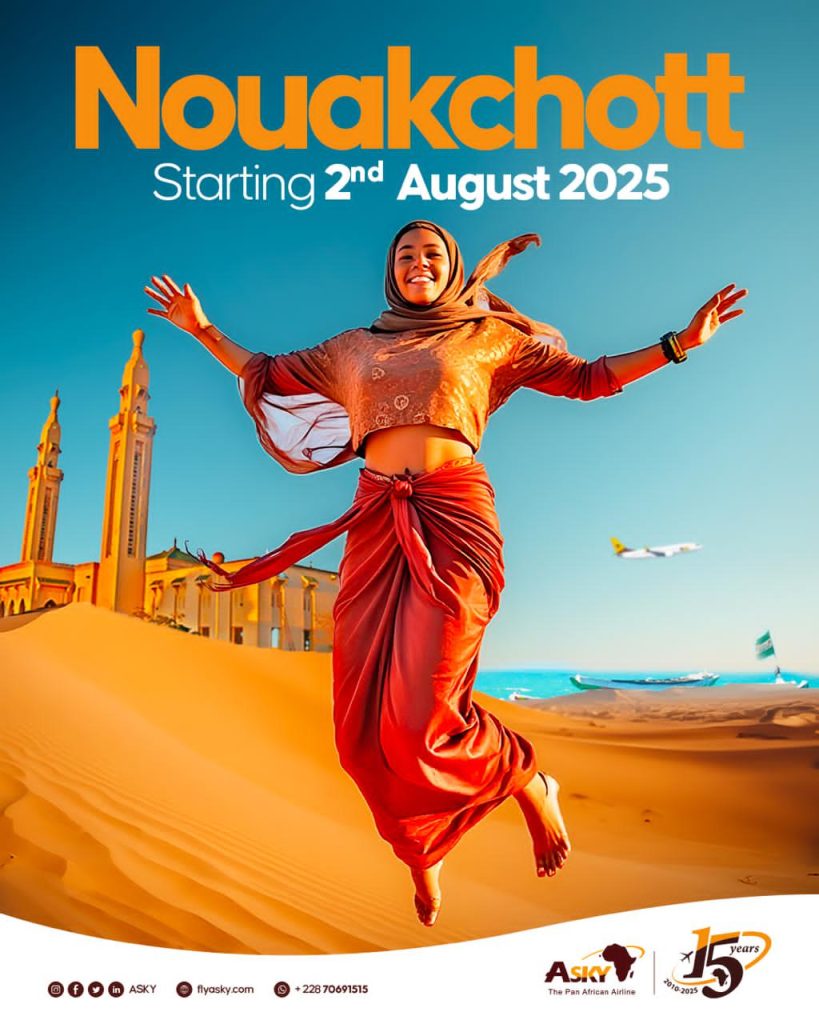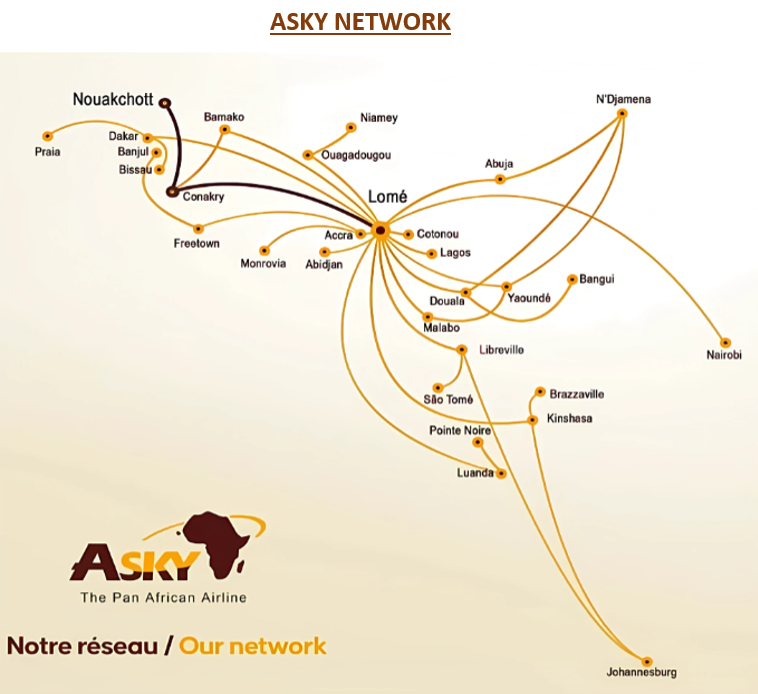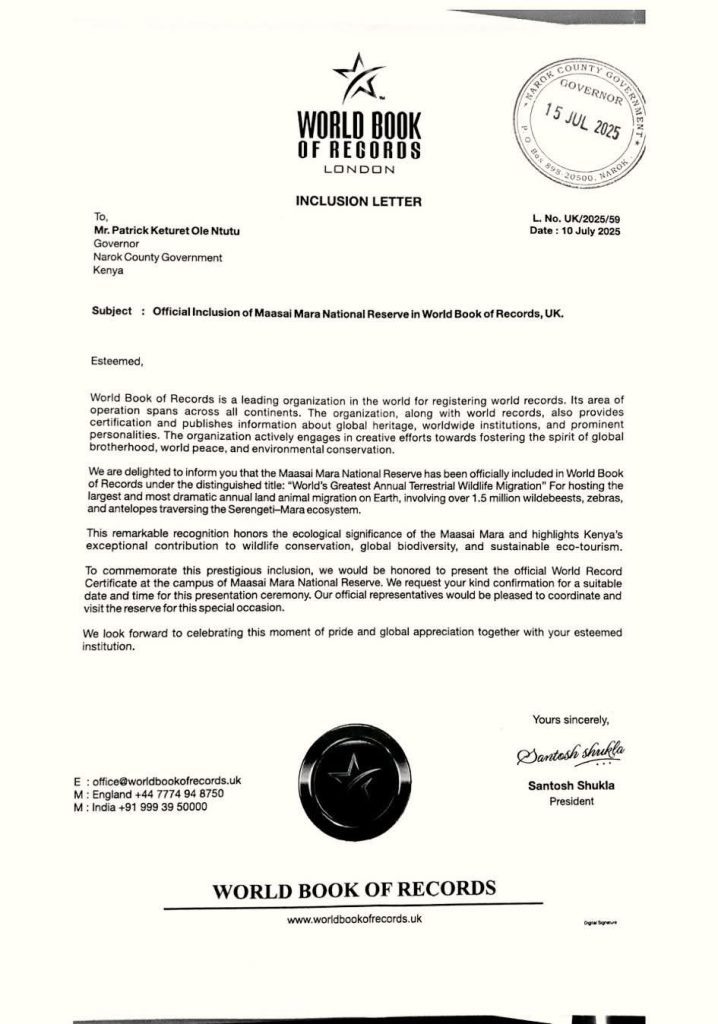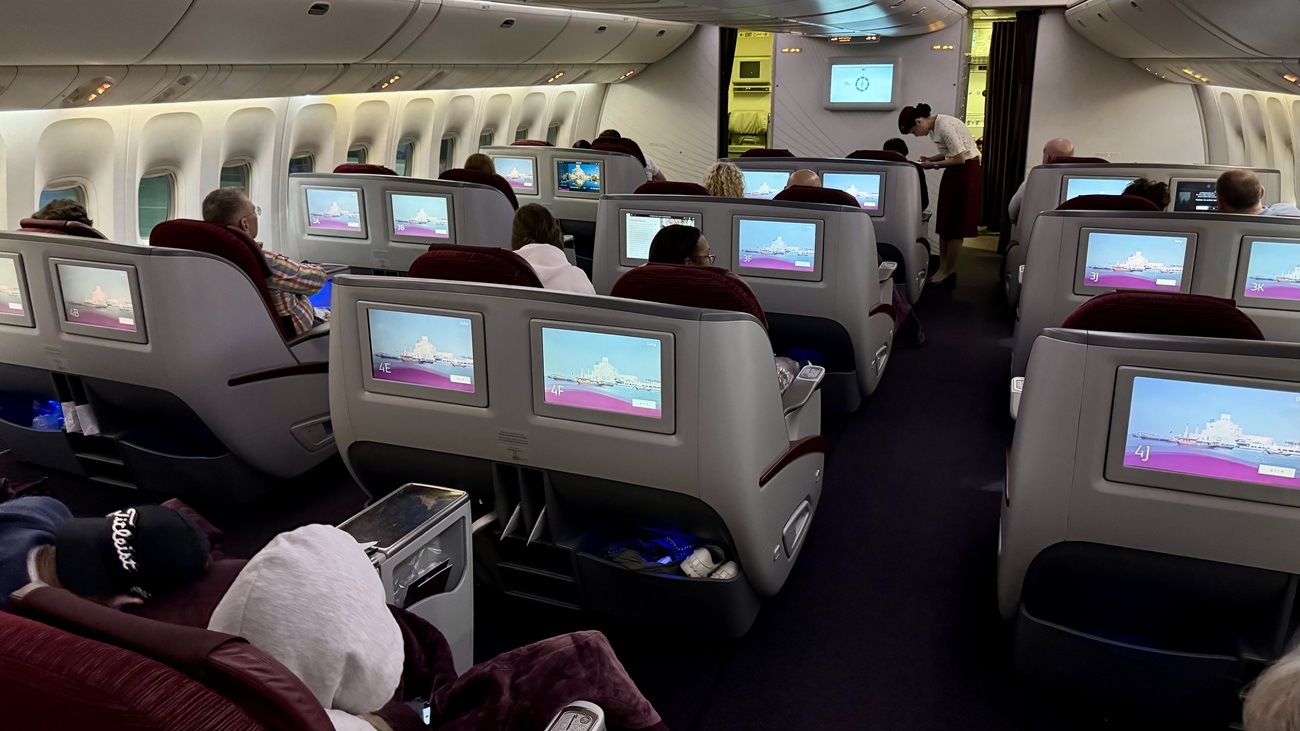Imagine travelling from Abu Dhabi to Dubai in 30 minutes. That will become a reality with Etihad Rail’s high-speed passenger service. As the UAE’s national railway network, Etihad Rail is set to transform the way people move — offering a clean, fast, and efficient alternative to road travel.
Since its launch in 2009, Etihad Rail has steadily progressed through major milestones. Now, with the full rail network complete, passenger trains will start running next year realising a 17-year national ambition.
The journey began with the transport of granulated sulphur from Shah and Habshan to Ruwais along a 264 km stretch in 2016. Four years later, a major expansion connected the entire country from Ghuweifat on the western border of Abu Dhabi to Fujairah on the eastern coast.
With construction of the passenger stations nearing completion, the trains will soon be speeding across the Emirates, bringing communities closer and shaping a new era of transportation in the UAE.
What Is Etihad Rail?
Etihad Rail, founded in June 2009, is the UAE’s national railway network linking Oman and Saudi Arabia. It is funded by the Federal Government of the UAE and the Government of Abu Dhabi.
The modern, high-speed rail system, with a standard track gauge of 1,435mm, will make travel between emirates faster, greener and more convenient. The 1,200km track is expected to carry over 60 million tonnes of freight and 36.5 million passengers by 2030.
Why is it important?
Etihad Rail will change public transport in the UAE and the broader Gulf region. This is what it will do
- Reduce road traffic by moving heavy cargo off highways
- Cut carbon emissions by offering a greener alternative to trucks
- Improve logistics for businesses and industries
- Connect communities with faster and more reliable travel
- Support the economy by linking key trade and industrial hubs
How big is the network?
The full network will span 1,200 km across the UAE — from Ghuweifat on the Abu Dhabi-Saudi Arabia border to Fujairah on the east coast.
What are the phases of the project?
The project is being completed in phases:
Stage One: Operational since 2016, transporting freight like granulated sulphur from Shah and Habshan to Ruwais along a 264km route in 2016.
Stage Two: In 2023, the 900km rail network linking all seven emirates was complete, This connects major cities like Abu Dhabi, Dubai, Sharjah, and Fujairah. Freight train operations were launched across the country
Stage Three: Connection to a proposed pan-GCC rail network linking the UAE to Saudi Arabia, Oman, Kuwait, Bahrain, and Qatar.
What are the freight points?
The network links key maritime ports and industrial zones, including Khalifa Port in Abu Dhabi, Jebel Ali Port in Dubai, the Port of Fujairah, Industrial City of Abu Dhabi (ICAD), Al Ruwais, and Ghuweifat, enhancing logistics and trade capabilities.
Will Etihad Rail transport passengers also?
Etihad Rail will also offer passenger rail services from next year, making travel across the UAE faster, cheaper, and more comfortable.
Speed: Trains are expected to travel up to 200 km/h for passengers.
Time-saving: Normal travel from Abu Dhabi to Dubai could take just 50 minutes.
Comfort: Modern trains will offer spacious seating, Wi-Fi, and amenities.
Which are the main stations?
The main passenger train stations will be in Abu Dhabi, Dubai, Sharjah, and Fujairah. They will have business-class lounges, retail outlets and family-friendly amenities. The station’s designs will be inspired by Emirati heritage.
Which are the locations of the main stations?
The first passenger station is constructed in Sakamkam, Fujairah, followed by another station near University City of Sharjah. The six other key stations are Reem Island, Saadiyat Island, and Yas Island in Abu Dhabi, as well as stations near Al Maktoum International Airport and Al Jaddaf in Dubai.
The Dubai station is under construction near the Jumeirah Golf Estates Metro Station. In Abu Dhabi, one station is expected along the pipeline corridor separating Mussafah Industrial Area and Mohammed Bin Zayed City, between Dalma Mall and Mussafah bus station, adjacent to Phoenix Hospital.
Which cities will Etihad Rail connect?
The network will cover 1,200 km, connecting 11 cities and regions across the seven emirates. It will stretch from Al Sila in Abu Dhabi’s western region to Fujairah on the east coast.
Key stops include Al Ruwais, Al Mirfa, Dubai, Sharjah, Al Dhaid, Abu Dhabi, and Ras Al Khaimah. Future plans include linking the network with Oman, further expanding regional connectivity.
How will Etihad Rail solve the connections to final destinations or the last mile?
Last mile public transport refers to the initial or final legs of a journey using public transport. For Etihad Rail, the passenger train stations in Abu Dhabi, Dubai, Sharjah, and Fujairah will be integrated with metro and bus networks for seamless multimode travel.
People will also can use shared mobility options like e-scooters and bikes, and enhanced pedestrian infrastructure.
What is the speed of the trains?
The passenger trains of Etihad Rail will speeds of up to 200 km/h, reducing travel times by 30 to 40 per cent compared to existing transport options. The Abu Dhabi-Dubai high speed train is expected to touch 350km/h.
What are the travel times?
These are the estimated journey durations for key routes.
Abu Dhabi to Dubai: 57 minutes
Abu Dhabi to Al Ruwais: 70 minutes
Abu Dhabi to Fujairah: 105 minutes
Can you travel from Abu Dhabi to Dubai in 30 minutes?
A high-speed train project connecting Abu Dhabi and Dubai in 30 minutes was unveiled at the Al Faya Depot in Abu Dhabi on January 23, 2025, the Abu Dhabi Media Office reported. Run by Etihad Rail, the train will travel at speeds of up to 350km/ hour, stopping at six stations — Reem Island, Yas Island, Saadiyat Island and Zayed Airport in Abu Dhabi and Al Maktoum Airport and Jaddaf in Dubai.
What’s the capacity of each train?
Each passenger train can carry up to 400 passengers. Modern amenities aboard trains include Wi-Fi, entertainment systems, charging points, food and beverage options.
What is payment option?
Nol cards will be accepted for travel on Etihad Rail. The Roads and Transport Authority (RTA) and Etihad Rail signed an agreement to integrate ticket booking and fare payment with the nol system.
What’s the UAE-Oman rail link?
In 2024, the UAE and Oman announced the Hafeet Rail project to connect the two countries by train. Etihad Rail, Oman Rail, and Mubadala Investment Company signed an agreement to commence construction.
Hafeet Rail, the formerly Oman and Etihad Rail Company, will connect the Omani port city of Sohar with the UAE national railway network. The 303km line is part of the project to connect Gulf Cooperation Council states.
The $3 billion network will help boost cross-border trade by connecting commercial ports in Oman and UAE. Passenger trains will reduce travel time from Sohar to Abu Dhabi to 1 hour 40 minutes and from Sohar to Al Ain to 47 minutes.
Source : Gulf News














